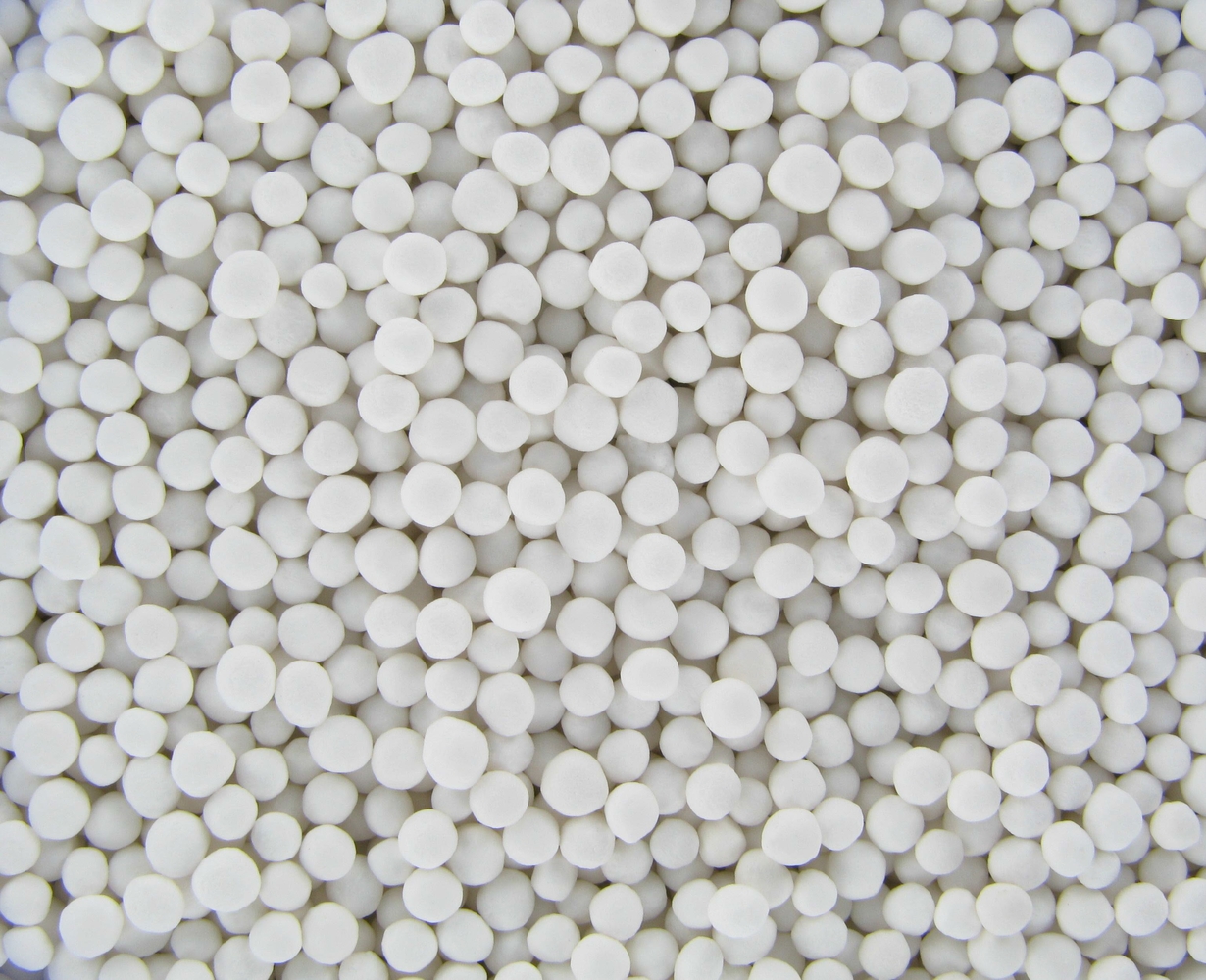
Axens’ Experience and Offer
Axens’ experience in arsine removal extend back to the 1970’s with an offer associated with a full range of services including:
- Total arsine analysis in gas or liquid phase
- On site pilot-testing in gas or liquid phase with Axens' Sorbotest™ device
- Identification of alternatives and recommendations for spent sorbent disposal.
The unique properties of lead oxide make AxTrap™ 191 the only high-capacity options on very reactive feeds when copper or nickel-based adsorbents cannot be used. Axens know-how comes mainly from the preparation of the alumina support. The intrinsic properties of alumina are key to enhance mass transfer diffusion and take full advantage of the active phase.
AxTrap™ 192 and 194 work the same way as AxTrap™ 191 but this time the active metal oxide is Copper oxide. Copper oxide has more capacity than lead oxide but to the cost of a higher reactivity towards the feed. Axens will guide you through the right selection of arsine guard to be used to ensure smooth operation and on-spec product.
You Might Be Interested In
Sulfur Removal Adsorbents for Oil, Gas & Petrochemicals
Mercury Removal Adsorbents
Olefins Selective Hydrogenation
TO CONTACT US
Please fill in the contact form below